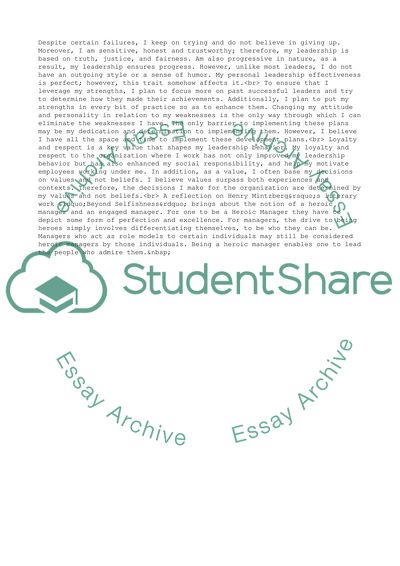Cite this document
(Implications of Leadership and Ethics on Organizational Behaviour Term Paper, n.d.)
Implications of Leadership and Ethics on Organizational Behaviour Term Paper. Retrieved from https://studentshare.org/management/1677258-implications-of-leadership-and-ethics-on-organizational-behaviour
Implications of Leadership and Ethics on Organizational Behaviour Term Paper. Retrieved from https://studentshare.org/management/1677258-implications-of-leadership-and-ethics-on-organizational-behaviour
(Implications of Leadership and Ethics on Organizational Behaviour Term Paper)
Implications of Leadership and Ethics on Organizational Behaviour Term Paper. https://studentshare.org/management/1677258-implications-of-leadership-and-ethics-on-organizational-behaviour.
Implications of Leadership and Ethics on Organizational Behaviour Term Paper. https://studentshare.org/management/1677258-implications-of-leadership-and-ethics-on-organizational-behaviour.
“Implications of Leadership and Ethics on Organizational Behaviour Term Paper”, n.d. https://studentshare.org/management/1677258-implications-of-leadership-and-ethics-on-organizational-behaviour.


